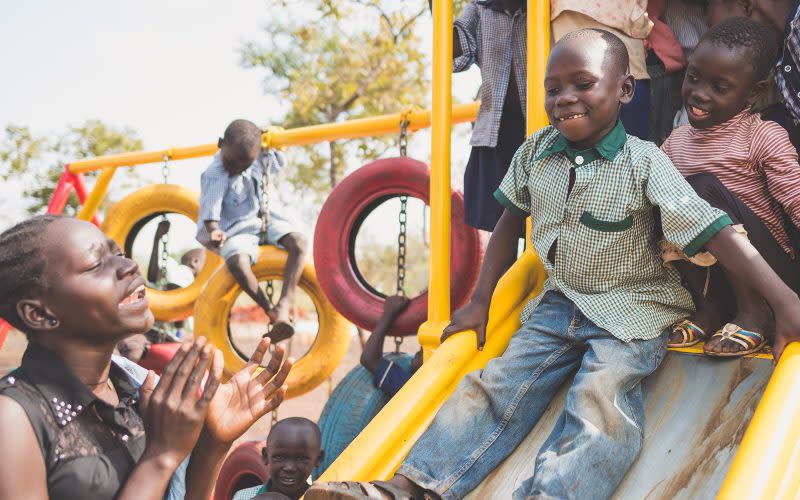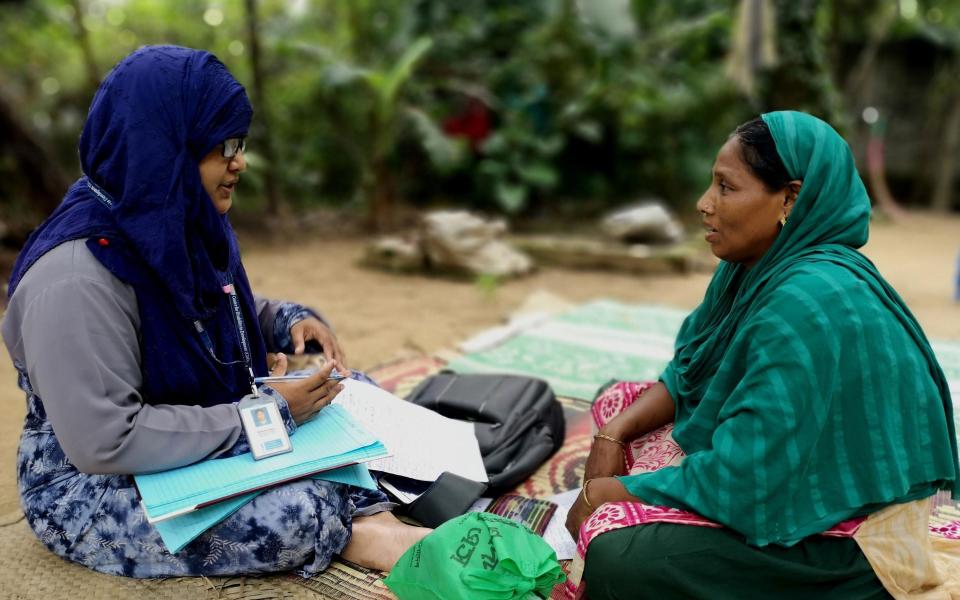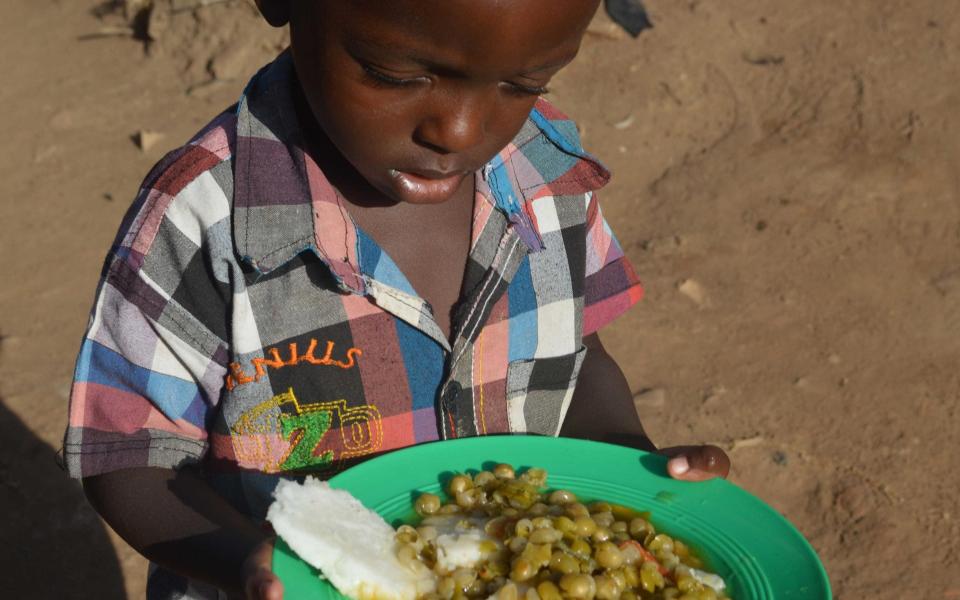Half of small overseas charities set to close amid coronavirus funding crisis

Nearly half of small charities focused on helping the world’s poorest people face the threat of closure over the next 12 months because of cuts in funding.
A report from the Small International Charities Development Network (SICDN) shows that of the 10,000 plus UK charities working in the overseas aid sector, 45 per cent will close within the next 12 months.
Describing such charities as a “forgotten group”, the report points out that while nearly three quarters of small international development charities have seen demand increase during the pandemic, they were not eligible to apply for the UK Government Coronavirus Community Support Fund.
On top of this many UK funders have amended their giving criteria to support only UK-based projects, and the merger of the Foreign Office and Department for International Development has led to a “pause” in grants, which the SICDN says is leaving charities in “limbo”.
Their futures were further flung into uncertainty when, on the day before Parliament’s summer recess, Foreign Secretary Dominic Raab announced a £2.9bn cut to the UK’s global aid budget.
“It’s the worst possible time to create such a drastic change to the UK aid budget,” said Murielle Maupoint, CEO of East African Playgrounds, a charity which supports over half a million children in East Africa through safe play and education. “It shows a complete lack of appreciation from the Government of the vulnerability of organisations like ours and the immeasurable value we bring to the world’s most disadvantaged communities.”

The Dfid and FCO merger has already had a significant impact on the charity, it says, with its Dfid projects currently suspended and funding agreements halted.
“Our services are needed more than ever, yet since the UK’s lockdown, 95 per cent of our funding has literally disappeared. How can we stay afloat and support the most vulnerable?”
Carers Worldwide, which supports carers in India, Nepal and Bangladesh, has seen demand for its services skyrocket in recent months, but is concerned that the families it supports will be plunged back into poverty if the charity isn’t able to raise funds.
“The pandemic has impacted all aspects of our work and, most crucially, had a significant effect on the carers that we work with, their sick and disabled relatives and their families,” said Ruth Patil, operations manager of Carers Worldwide.
“Many people with disabilities and long-term conditions are highly vulnerable to Covid-19 and so the level of shielding required has left them and their carers even more isolated than usual.”

The charity’s response to the pandemic, which includes provision of sanitation packs, food parcels and PPE, has supported 47,601 people across the region so far.
“We have diverted efforts and funds to distributing emergency food relief, providing sanitation packages and providing emotional and psychosocial support over the phone and by means of video calls to ensure carers remain connected and can alert us to their urgent needs,” Ms Patil told The Telegraph.
“We had to make all of these changes very rapidly and in close liaison with our partner organisations on the ground in Bangladesh, Nepal and India. As a small organisation, we are able to be immediately responsive to the needs of local communities as we have close working relationships with partner staff, local government and with our beneficiary communities. We can quickly make decisions.”
But accessing additional funds has been more challenging, she said, as a number of donors, such as charitable trusts and foundations who the “backbone of grant giving”, have stopped funding international work since Covid-19 hit, and there are worries that this funding may never resume.
“Ultimately, if we are not able to raise funds in the medium and long term, the transformations in carers’ lives that we have achieved so far will be reversed and families will fall back into poverty and isolation. It means those who don’t have a voice are left behind, again,” said Ms Patil.
“The merger of Dfid and the FCO is also a significant worry looking forward,” she added. “Dfid has championed the use of our country’s overseas funding to reach the most vulnerable living in the most marginalised communities, and has been a global leader in this.”

Kids Club Kampala, a charity which supports vulnerable children in slums in Uganda’s capital, converted its classrooms into food banks during the pandemic. The charity initially expected to feed 1,000 families, but has so far provided more than one million food parcels to 28,291 households. It has also been asked by the Government of Uganda to expand provision to other communities.
Despite rising to the challenge, the charity is concerned about the long-term effect that Covid-19 will have on funding for its services, especially in light of the oncoming recession coupled with budget cuts.
The charity expects to see a significant increase in numbers of safeguarding issues as a result of lockdown, especially domestic violence, child abuse, mental health and family breakdown.
“There has never been a greater need in Kampala for our services,” said CEO Olivia Barker White. “We desperately need to raise more funds to ensure we can provide support to those who need it most.”

